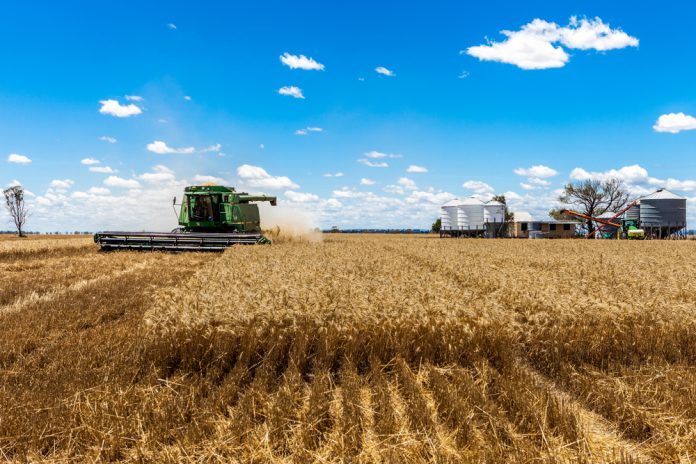Persistent cost pressures from commodities, energy, and shipping are rising faster than wholesale prices, putting pressure on Australia’s food and grocery manufacturing industry.
The Australian Food and Grocery Council is calling on the federal government to back the industry by implementing tax incentives for food and grocery manufacturing to be globally competitive
The call follows the release of AFGC’s annual industry snapshot for 2022/23, which highlights the vital role the food and grocery manufacturing industry plays in Australia’s economy, employment, and every household.
State of the industry
Turnover, or the value of the sector, increased by 11.6% to $163 billion, reflecting strong demand from a year of record immigration and increased wholesale prices.
Despite higher top line growth, operating profit fell by 7% to $7.2 billion due to persistent cost pressures.
Employment rose by 4.1% to 281,269 workers, with 37% of jobs based in regional areas, emphasising the sector’s growing importance as a major employer across Australia.
The government’s temporary full expensing tax measure helped stimulate capital, investment which rose by 24.5% to $4.2 billion, largely directed towards plant and equipment upgrades, particularly in automation to counter labour shortages and enhance efficiency. Significant investments were made in meat processing, grain processing, dairy, and fruit and vegetable sectors.
Vital industry
AFGC CEO Tanya Barden emphasised the sector’s importance and the challenges ahead.
“Our industry is a cornerstone of the Australian economy, providing essential goods and employment for over 280,000 Australians,” she said. “Recent and ongoing global supply chain disruptions have made our industry even more critical from a national resilience perspective.”
AFGC says the food and grocery manufacturing industry needs to significantly lift investment in coming years to enable the clean energy and circular economy transition and adopt digital technologies to maintain global competitiveness. However, suppliers are hampered by a decline in profitability and given cost of living pressures, it is becoming more difficult for the industry to recover costs such as large increases in energy, labour, transport and warehousing, and insurance.
It says the Future Made in Australia policy is a critical lever at government’s disposal to keep jobs and production in Australia’s largest manufacturing sector at home:
“We urge the government to back this key industry by implementing tax incentives for food and grocery manufacturing to be globally competitive, contributing to Australia’s economic prosperity, as well as net zero transition.”



